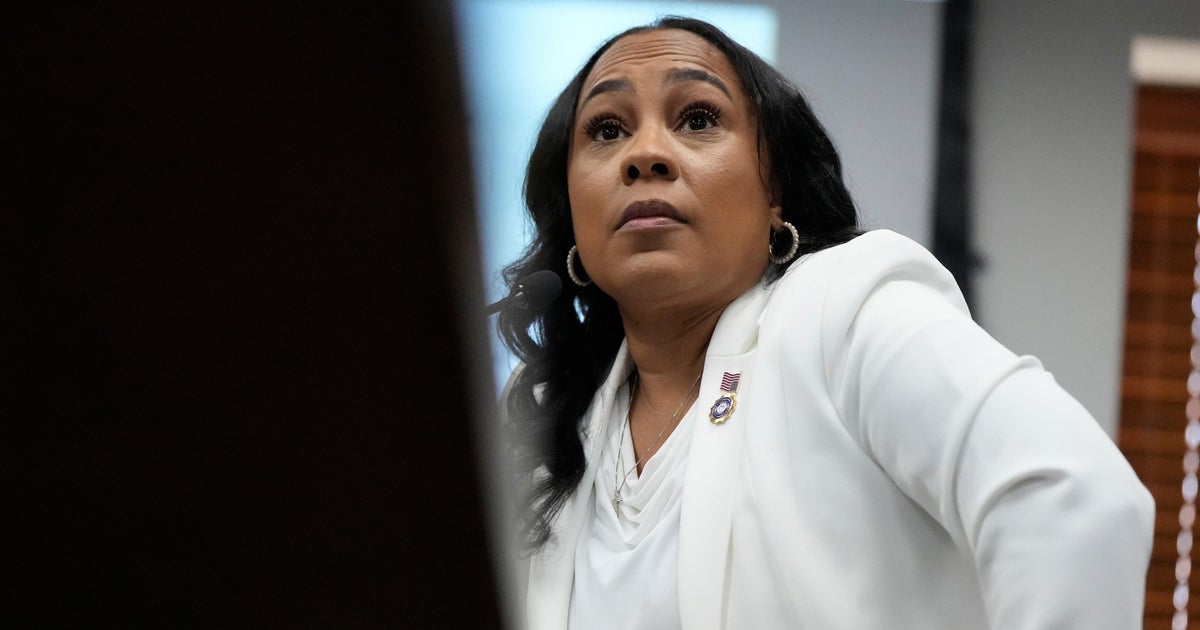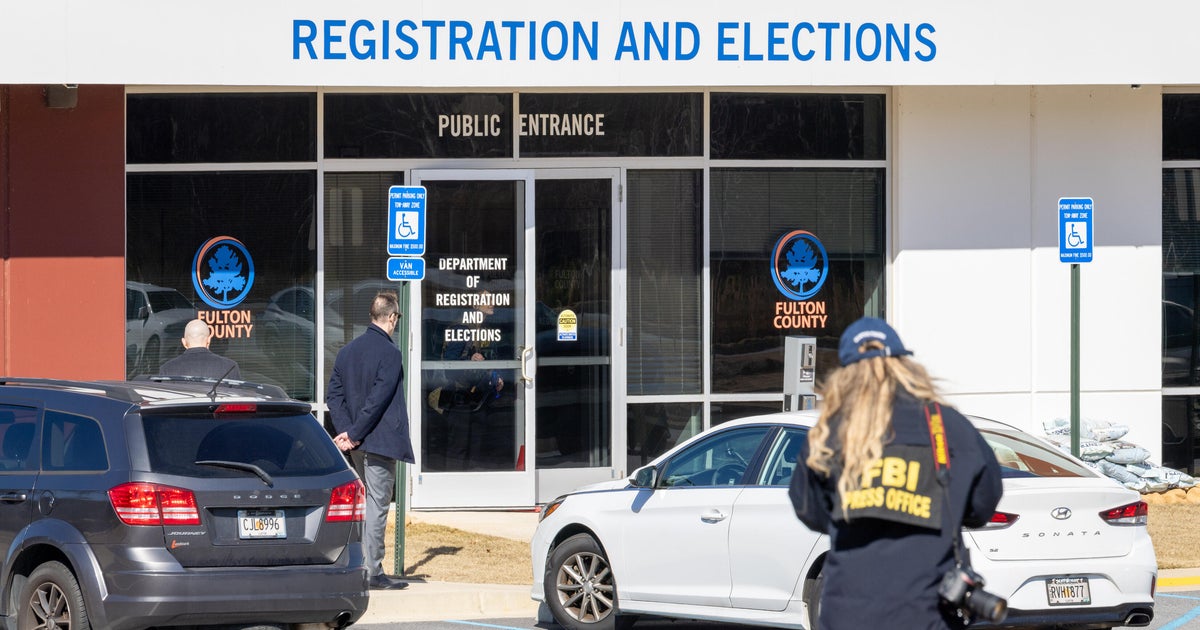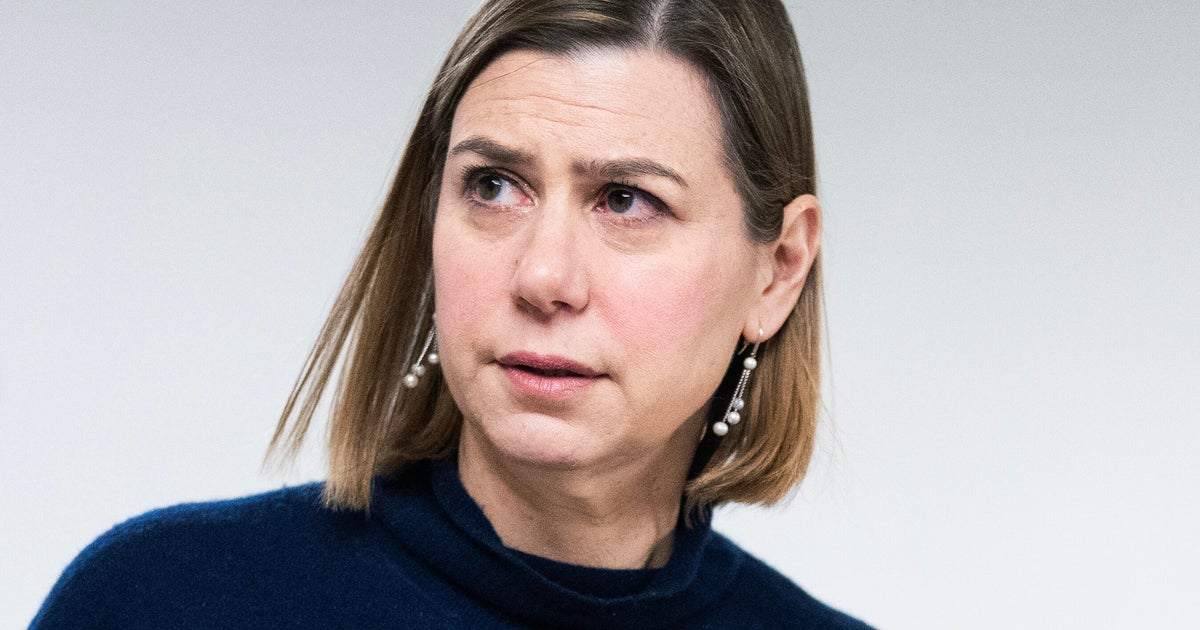Trump and allies face racketeering charges in Georgia — here's what to know about sentencing for RICO convictions
The grand jury indictment of former President Donald Trump and 18 co-defendants launched a legal journey that could end in at least five years of prison time if convicted under Georgia's racketeering statute.
Fulton County District Attorney Fani Willis is prosecuting a case that applies Georgia's Racketeer Influenced and Corrupt Organizations (RICO) Act to all 19 defendants in the case, stemming from alleged efforts to overturn the 2020 presidential election in Georgia. Many face election fraud and other charges in the case, too.
The use of the RICO statute, originally intended to take mob syndicates and gang leaders off the streets, may result in jail time, Willis said Monday night.
"The RICO charges has time that you have to serve," Willis said in a news conference.
These charges carry a sentence of 5 to 20 years in prison or a fine of up to $25,000 or three times the amount gained by the violation — whichever is greater — or both prison and a fine. However, it is not clear how closely the judge must adhere to the state's sentencing guidelines.
The Georgia RICO statute enables prosecutors to charge multiple people for so-called "predicate" criminal acts alleged to have taken place both in Georgia and elsewhere in furtherance of a conspiracy. Since Willis took office in 2021, she has successfully tried a handful of racketeering cases.
The Fulton County case may pose another potential hazard for Trump, who faces 13 counts, including the RICO charge. If convicted of any of these state felonies, there would be no federal pardon available to him. In many states, it's the governor who holds the power of the pardon, but not in Georgia, where the five-member Georgia State Board of Pardons and Paroles — selected by the governor and confirmed by the state Senate — is the sole body authorized to grant paroles, pardons, reprieves and commutations.
Defendants found guilty in Georgia are also not immediately able to apply for a pardon upon conviction, and according to the application guidelines, are only allowed to seek a pardon after they've finished serving their time.
According to the Georgia pardon application guidelines, a person "must have completed all sentence(s) at least five years prior to applying," and "cannot have any pending charges," among other requirements. Individuals "may request a waiver" for the five-year rule "if the waiting period is shown to delay qualification for employment in one's chosen profession," according to Georgia's pardon application.
Willis said she wants to see the trial take place in the next six months, although it will ultimately be up to the judge to set a trial date. Six months from now would put the case squarely into the presidential primary season.
On Monday night, Trump's attorneys blasted Fulton County's handling of the case.
"This one-sided grand jury presentation relied on witnesses who harbor their own personal and political interests— some of whom ran campaigns touting their efforts against the accused and/or profited from book deals and employment opportunities as a result," Trump attorneys Drew Findling, Jennifer Little and Marissa Goldberg said in a statement. "We look forward to a detailed review of this indictment which is undoubtedly just as flawed and unconstitutional as this entire process has been."
Trump currently faces three other sets of felony charges — a federal case in Washington, D.C., over his efforts to remain in power after losing the November 2020 presidential election, a federal case in Miami over his handling of classified documents post-presidency, and a state case in New York over circumstances surrounding an alleged "hush money" scheme. Trump has pleaded "not guilty" in each case.
All four trials could potentially take place in 2024, as Trump makes his third bid for the White House.



